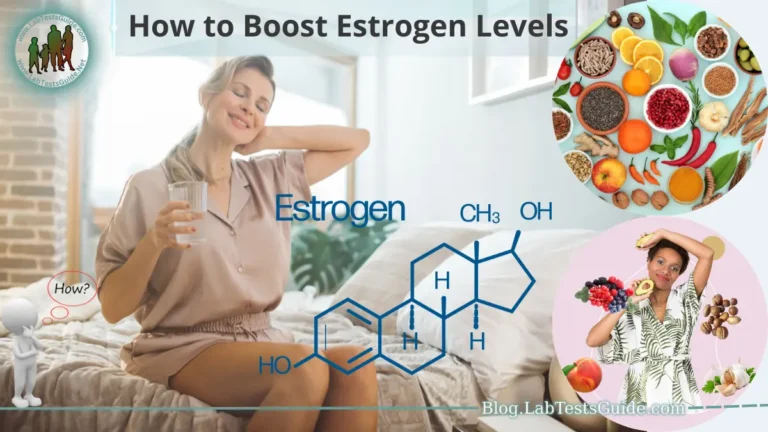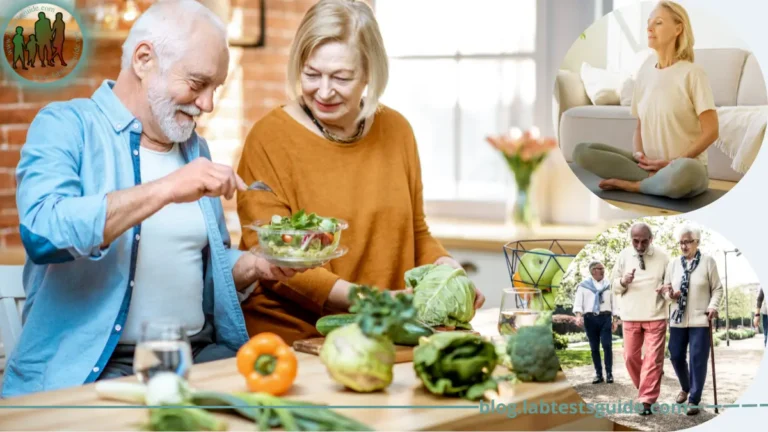Diet choices can play a crucial role in prevent cancer. Consuming a diet rich in fruits, vegetables, whole grains, and lean proteins while minimizing processed foods, red meats, and sugary beverages can help reduce the risk of developing cancer. Additionally, incorporating antioxidant-rich foods like berries, nuts, and green tea, as well as cruciferous vegetables like broccoli and cauliflower, can provide further protection. It is important to remember that maintaining a healthy lifestyle, including regular physical activity and avoiding tobacco and excessive alcohol consumption, is equally important in cancer prevention.

Importance of a healthy diet:
A healthy diet can play a crucial role in preventing cancer by providing the body with the nutrients it needs to function properly and fight disease. Research has shown that eating a diet rich in plant-based foods, such as fruits, vegetables, whole grains, legumes, and nuts, may help reduce the risk of cancer.
These foods are rich in vitamins, minerals, and phytochemicals, which have been shown to have anticancer properties. Additionally, eating a diet low in red and processed meats, saturated and trans fats, and added sugars may also help reduce cancer risk.
Overall, a healthy diet can help boost the immune system, reduce inflammation, and prevent DNA damage, all of which are important factors in cancer prevention.
Foods to avoid for cancer prevention:
Certain foods have been linked to an increased risk of cancer and should be avoided or eaten in moderation. These include:
- Red and processed meats: The consumption of red and processed meats has been linked to an increased risk of colon, stomach, and pancreatic cancer.
- Sugary drinks: Consumption of sugary drinks, such as soft drinks and fruit juices with added sugars, has been linked to an increased risk of pancreatic, colorectal, and endometrial cancer.
- Fried and fast foods: Consumption of fried and fast foods has been linked to an increased risk of colorectal, prostate, and pancreatic cancer.
- Processed and Packaged Foods: Consuming processed and packaged foods that are high in salt, sugar, and preservatives have been linked to an increased risk of cancer.
- Alcohol: Excessive alcohol consumption has been linked to an increased risk of breast, liver, and colorectal cancer.
By avoiding or limiting consumption of these foods, people can reduce their risk of developing cancer and promote a healthy diet rich in cancer-fighting nutrients.
Plant-based diet:
Research has shown that a plant-based diet can help reduce the risk of developing cancer. A plant-based diet is one that emphasizes the consumption of fruits, vegetables, whole grains, legumes, nuts, and seeds, while limiting or eliminating animal products.
Studies have shown that people who eat a plant-based diet have a lower risk of developing cancer, particularly breast, colon, and prostate cancer. Plant-based foods are rich in fiber, vitamins, minerals, and phytochemicals, which have been shown to have anticancer properties.
Additionally, a plant-based diet is typically lower in saturated and trans fats, which have been linked to increased cancer risk. By eating a diet rich in plant-based foods and low in animal products and processed foods, people can promote a healthy diet that supports cancer prevention.
Probiotics and prebiotics for cancer prevention:
Probiotics and prebiotics are beneficial in maintaining a healthy gut microbiome, which is important for cancer prevention. Probiotics are live bacteria that are beneficial to the digestive system, while prebiotics are indigestible fibers that feed the good bacteria in the gut.
Research has shown that a healthy gut microbiome can help prevent cancer by reducing inflammation, boosting the immune system, and metabolizing cancer-causing compounds. Probiotics and prebiotics have also been shown to specifically reduce the risk of colon cancer.
Probiotics can be found in fermented foods like yogurt, kefir, kimchi, and sauerkraut, as well as in supplement form. Prebiotics can be found in foods like onions, garlic, bananas, asparagus, and whole grains.
Eating a diet rich in probiotics and prebiotics can help maintain a healthy gut microbiome and reduce the risk of developing cancer. However, it is important to consult with a healthcare professional before starting any new supplements or making any significant dietary changes.
Anti-inflammatory foods for cancer prevention:
Here are some examples of anti-inflammatory foods:
- Fruits: Berries, cherries, citrus fruits, and apples are high in antioxidants and polyphenols that can help reduce inflammation.
- Vegetables: Leafy greens, broccoli, cauliflower, cabbage, and Brussels sprouts are high in anti-inflammatory compounds like vitamins A, C, and E, as well as flavonoids and carotenoids.
- Whole Grains: Whole grains like brown rice, quinoa, and oats are high in fiber and antioxidants, which can help reduce inflammation.
- Healthy fats: Omega-3 fatty acids found in fatty fish like salmon and sardines, as well as flax and chia seeds, have anti-inflammatory properties.
- Lean protein: Chicken, turkey, and fish are good sources of lean protein that can help reduce inflammation.
It’s important to note that an anti-inflammatory diet should also limit or avoid processed foods, refined carbohydrates, and saturated and trans fats. Maintaining a healthy weight, exercising regularly, and reducing stress can also help reduce inflammation and reduce cancer risk.
Conclusion:
Incorporating healthy dietary choices can play a crucial role in cancer prevention. Avoiding processed and sugary foods, limiting red meat consumption, and increasing consumption of fruits, vegetables, whole grains, lean protein, and anti-inflammatory foods may help reduce cancer risk. Additionally, consuming probiotics and prebiotics may support gut health, which is linked to a lower risk of certain types of cancer. It is important to note that a healthy diet should be combined with other lifestyle factors, such as regular physical activity, maintaining a healthy weight, and avoiding excessive tobacco and alcohol use for optimal cancer prevention.






